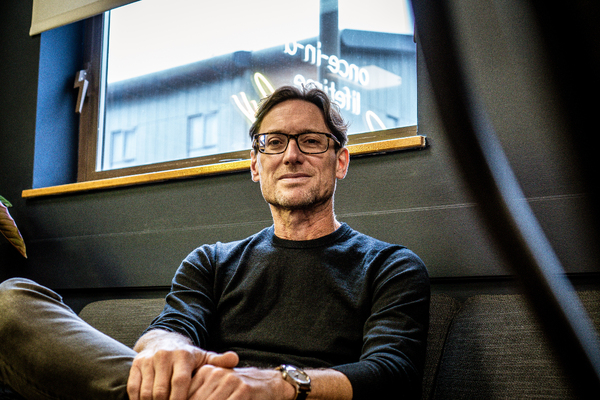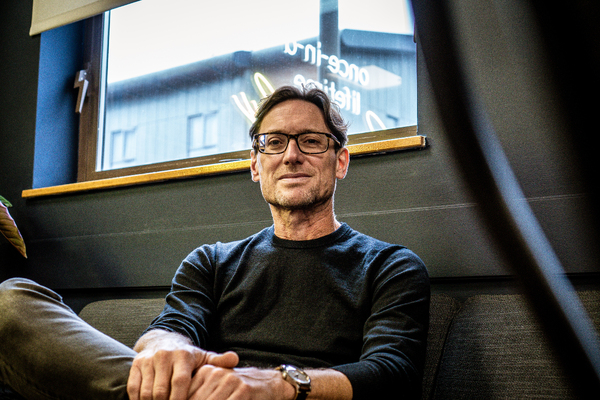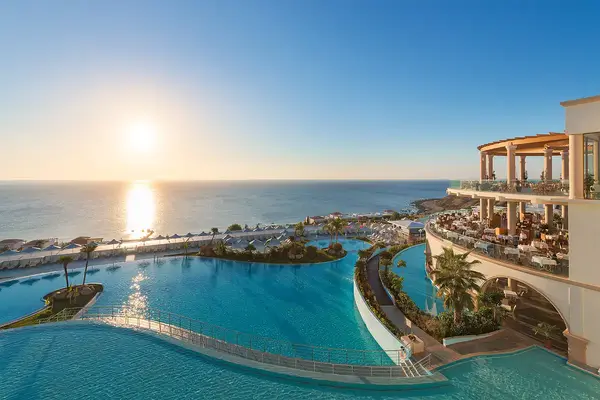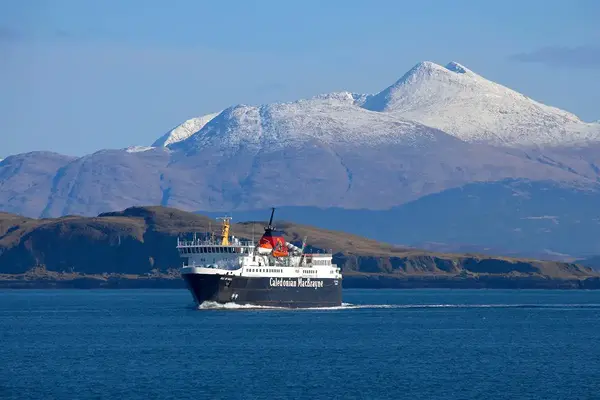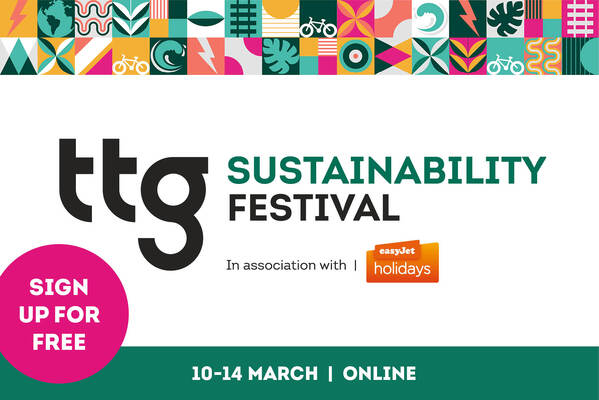Explore MD: 'Sustainability is an increasingly important part of our sales pitch'
 Sarah Dennis
Sarah Dennis"Most people choose to travel with a company that offers Atol protection,” says Explore Worldwide managing director Michael Edwards. “Fast forward 10 years, and most people will want to travel with a B Corp or a similarly accredited company.”
Adventure specialist Explore became B Corp Certified and also issued its first purpose paper in February this year. Six months on, Edwards is catching up with TTG to reflect on Explore’s progress, and insists it is authenticity that is key.
“You can’t fake B Corp,” he tells TTG. “But we didn’t want it to be a humble brag either, we wanted to do it authentically. We’ve not led [on becoming B Corp Certified], and it is not a competition, but new agents coming onboard want to talk about it. It’s becoming more useful and relevant as part of our sales pitch.”
Edwards is confident agents and customers alike will see the benefits. “Talking to agents 10 years ago, they would say, ‘tell me about the product’.
"But now, accreditation and sustainability is becoming part of the currency of what a good company looks like. People are seeing it as a mark of authenticity, and agents are really starting to get it.”
Turning to Explore’s own progress, Edwards points to rail as being a “huge part” of the operator’s internal strategy, along with a focus on removing internal flights from Explore’s itineraries.
“The key thing is highlighting rail as a better way to travel,” he says. “For example, railway stations are usually in the middle of town, and getting through security is easier.”
Rail strategy
Pressed on how Explore is promoting rail to agents and customers, he adds: “We’ve had to adjust our marketing to ensure rail travel itself is portrayed as being experiential. "We have a slight advantage building rail into our trips in so much as it is a genuinely great way to see a country.”
Explore removed 16 internal flights from its trips last year – some were switched for rail, while others were removed by re-routing itineraries. It even axed some trips altogether, including a family-oriented tour of India. The operator is hopeful of removing another six internal flights this year and next.
All these tweaks contributed to Explore reducing the overall carbon intensity of its business by 7.2% last year, although Edwards warns a new target of a 4.75% to 5.25% reduction this year will be harder to achieve owing to there being fewer quick wins to harness and a reliance on suppliers and partners “coming to the party”.
Wish list
Edwards’ wish list for Explore’s next purpose paper is simple. “The single biggest challenge we and our competitors now face is how we grow sustainably,” he admits. “Our next purpose paper will be really honest about that challenge.
“We want to be able to say we’ve met or exceeded the targets we’ve outlined for this year – and if we don’t, explain why not and what we’re doing to remedy it. I also hope to be able to talk a lot more comprehensively about our work on rail, and more on diversity, equity and inclusion.”

Edwards is also adamant that, while Explore and other travel companies continue their sustainability journeys, it must be done in a way that doesn’t “push sustainable travel down peoples’ throats”.
“The last thing we want to do is tell our customers how to holiday or what they should be doing,” Edwards adds.
“Our job is to make sure we’re doing the right thing and that we’re not putting the problem on the customer, rather than virtuously telling people how they should travel.”
Sign up for weekday travel news and analysis straight to your inbox
Supplier Directory
Find contacts for 260+ travel suppliers. Type name, company or destination.
